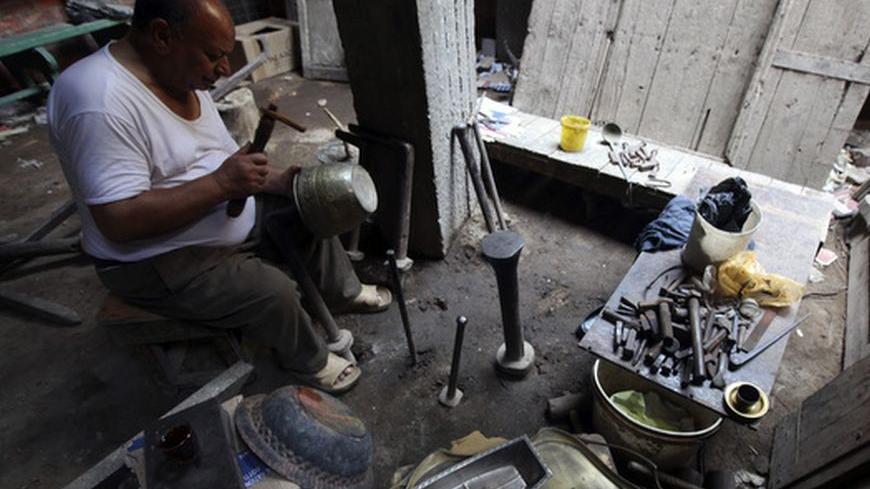Moustafa Talaat takes long puffs of his Marlboro cigarette while reminiscing over the impassioned days of the Egyptian revolution. Every afternoon in February 2011, the Egyptian native of Zamalek, an affluent neighborhood in Cairo, would leave his engineering job by noon — no one was working any way — and head to Tahrir Square to join the masses calling for an end to the reign of Hosni Mubarak.
On one particular day in the square, he recalls: “A man asked me for a cigarette. He was uneducated, wore slippers and a galabeya (a traditional ankle-length garment) — a simple man.” He pauses, reflecting deeply on the brief encounter. “We talked for a little bit and it occurred to me that until then, I never really mingled with the lower cl...” He stopped — embarrassed to complete the thought.


